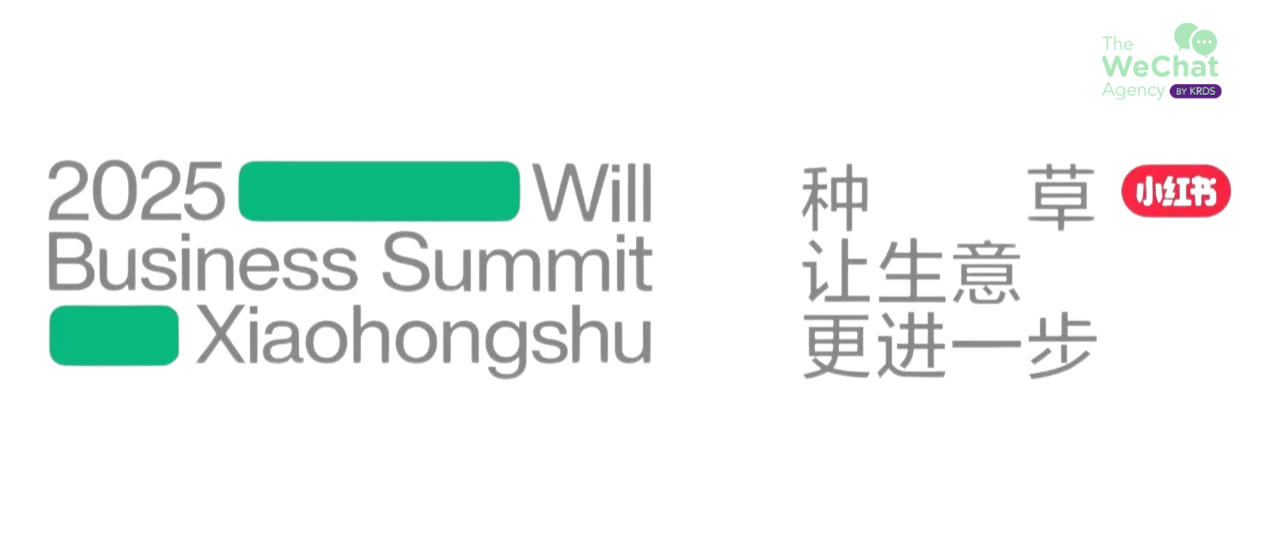US President Donald Trump signed an executive order banning WeChat in the United States. The order says along with the ban, Americans will be prohibited from carrying out any transactions with Tencent, WeChat’s parent company. This decision to ban the WeChat app will have serious long-term implications on consumers, American companies that have a large and significant presence in China and US-China relations as well.
WeChat is China’s most popular and useful messaging app with a monthly active user base of over 1 billion. WeChat’s popularity makes it the main form of communication among Chinese consumers. Even though many like to call WeChat a messaging tool, it’s much more than that. The app can be used for texting, voice or video calls, reading news, bill payments, taxis, and even games. It’s no wonder why WeChat is called a “super app” in China.
What’s the issue?
According to Donald Trump, the Ministry of Electronics and Information Technology in India had asserted that the Chinese companies Tencent Holdings and Bytedance were allegedly stealing and surreptitiously transmitting users’ data without authorization to servers outside India and that the US needed to ban any transactions on such apps as a protective measure as well. The United States wants “untrusted” Chinese apps to be removed from US app stores. And those “untrusted” apps belong to Chinese companies Tencent Holdings, the owner of WeChat, and ByteDance, TikTok’s parent company. The executive order said the government would ban WeChat and TikTok from operating in the US if they are not sold by their parent companies.
What’s the Impact?
WeChat’s ban in the US would cut off millions of Chinese-Americans from their friends, family and clients. Since WhatsApp, Facebook and Twitter are banned in China, WeChat is the only app left the Chinese employees in America can use to communicate with their families back in the Mainland. While TikTok’s US operations may be sold to Microsoft, WeChat is unlikely to get a second chance which means American businesses and Universities will face a lot of issues communicating with their suppliers, manufacturing partners, dealers and even students in China.
Trump’s ban could also harm Apple’s supply chain since most of the company’s products are still assembled in China.


